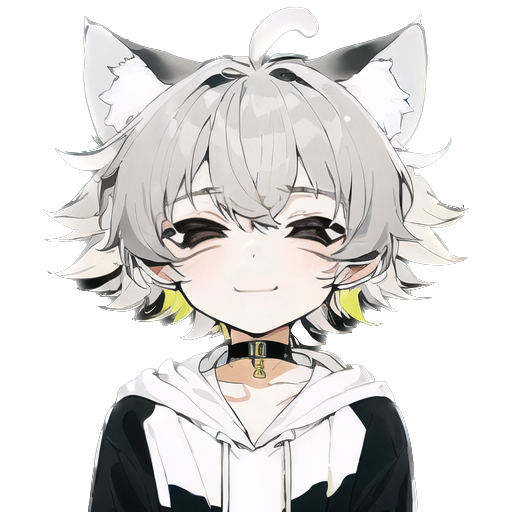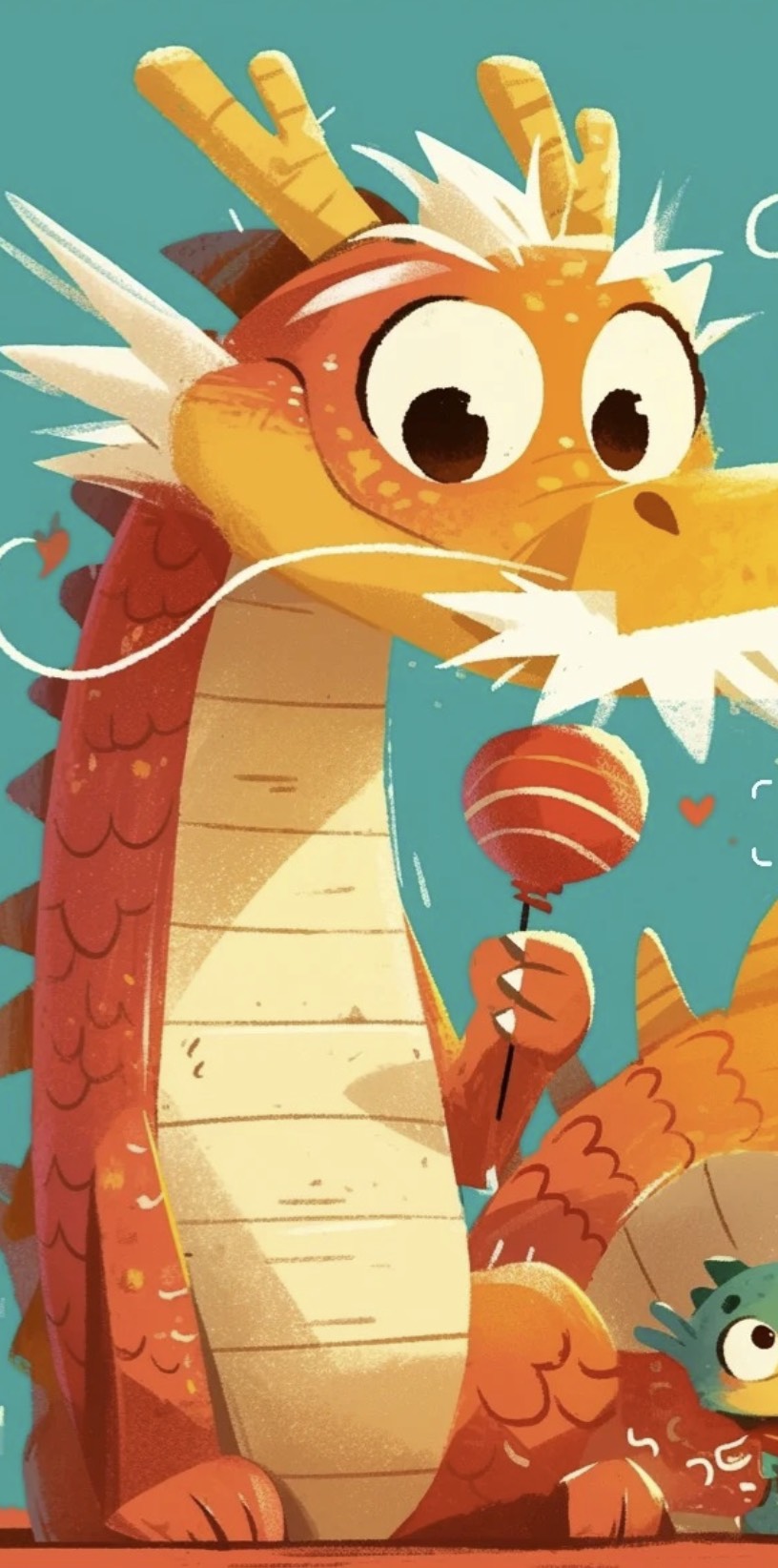一首奇努克皮钦语的诗歌,写于1914年,以下为原文、发音和英文翻译,以及注释。
COME AND CELEBRATE1
Princeton wawa cupa2 tillicums chaco,
Princeton wáwa kʰupa tílixam-s,3 “cháku!”,
‘Princeton says to the people, “Come!”,’
Lele mika4 halo nanitch mika,
líli nayka hílu nánich mayka,
‘It’s been a long time since I’ve seen you,’
Alta mika hehe tumtum – chaco
álta mayka híhi tə́mtəm5 – cháku
‘Now you’ll be entertained – come’
Konamost konnowa hiash tillicums,
kʰánumákwst kʰánawi háyásh tílixam-s,6
‘along with all the grownups,’
Mamook closh tumtum coupensika,
mamuk ɬúsh tə́mtəm7 kʰupa nsayka,
‘make good friends with us,’
Hiack chaco skookum man pe kurtan,
áyáq cháku(,) skúkum mán pi kʰíyutən,
‘come quick(,) (you) strong men and horses,’
Hiack chaco looloo mika klootchman,
áyáq cháku(,) lúlu mayka ɬúchmən,
‘come quick, bring your wives,’
Hiack looloo mika papoose,
áyáq(,) lúlu mayka papús,8
‘hurry, bring your babies,’
Scookemet, wacht tenas chinchin,
skukwímət*, wə́x̣t tənəs chínchin*,
‘(your) little ones, also (your) young CHINCHIN,’9
Wye10 conawee tooloo hiu hehe,
wáy* kʰánawi túlu háyú híhi,
you bet everyone will win lots of games,
Kichee11 connie12 kurtan, mamook races,13
kíchi* kúli kʰíyutən(,) mamuk réysis*,
big race horses will run races,
Wacht, shootem target,14 hiash soupena,
wə́x̣t, shútəm* tágət*, háyásh súpəna,15
also, target shooting, high jumping,
Connie peid konnewa man, klaseta,
kúli pʰyí*(,)16 kʰanawi mán(,) ɬaska
‘foot racing, every man will’
Midlite cupa sack, klime la peia,
míɬayt kʰupa sák*,17 ɬún lipʰyí,
‘be in a sack, three-legged,’
Connie hiack lulu hehe, Wye nic!
kúli áyáq lúlu híhi, wáy ník*!18
‘running-carry games, oh my!’
Hiyu tooloo chickamen, mamook bet,19
háyú túlu chíkʰəmin, mamuk bét,
‘Many will win money, place bets,’
Klootchman tooloo skookem races,20 tooloo
ɬúchmən túlu skúkum réysis*(,) túlu
‘the women who win the bigtime races will win’
Chickamen, iskum hiyu pretty libbon21
chíkʰəmin, ískam háyú pə́ti* líbən*,
‘money, (and) take lots of pretty ribbons,’
Istum hiyu pretty ickta nicnic!
ískam háyú pə́ti* íkta, ník-ník*!
‘pick out lots of pretty things, my my!’
Telicums chaco cupa Nicola, Kamloops,
tílixam-s cháku kʰupa Nicola, Kamloops,
‘Folks will be coming from Nicola, Kamloops,’
Thompson, Osooyoos, Keremeos, Ashnola,
Thompson, Osoyoos, Keremeos, Ashnola,
‘the Thompson country, Osoyoos, Keremeos, Ashnola,’
Chechewa, Kunawee hiack chaco hehe,
Chuchuwayha*, kʰánawi áyáq cháku híhi,
‘Chuchuwayha, all hurrying here to have fun,’
Kaloo whisky, halloo culthus wawa,
hílu wíski*, hílu kʰə́ltəs-wáwa,
‘no alcohol, no cussin’,’
Konnawa straight22 chaco, chaco,
kʰánawi stréyt*(,) cháku, cháku,
‘all on the straight (and narrow), come, come,’
Mamooh cloch tumtum, Wye selacht.23
Mamuk ɬúsh tə́mtəm, wáy səlʔáx̣t.
‘make good friends, howdy pardner.’
– from the Princeton (BC) Similkameen Star of June 12, 1914, page 1, column 4
1Today’s news clipping is one of the numerous examples we have of a particular Pacific NW Settler custom, where they used Chinook Jargon for invitations to major community events. You can find lots more by searching for “invitation” in my website.
2This invitation uses its own unique style of spelling (instead of copying from some published dictionary), which we routinely take as a signal that the writer is replicating how they actually spoke Chinook Jargon. The spelling < cupa > in this invitation shows that folks didn’t always say “kopa”, which was kind of the standard spelling in print.
3With the English noun plural suffix -s, typical of Settler usage in Chinuk Wawa.
4< Mika > here is a misprint for < nika >. Mistakes of spelling and punctuation are typical in published Chinook Jargon of long ago, when typesetters, who didn’t necessarily know the language, had to work from somebody else’s handwritten drafts.
5híhi tə́mtəm is literally ‘laugh(ter) heart(ed)’, ‘feeling (the) fun’.
6‘The big people’ here isn’t a totally clear expression on its own. It could be ‘the important people’. But in the context, it seems clearly to be ‘adults’.
7Mamuk ɬúsh tə́mtəm is a pretty frequent Settler expression in the Jargon, for ‘make (good) friends)’ with people.
8Papus ‘papoose’ is a common word for ‘baby’ in northern Chinuk Wawa.
9The words < scookemet > and < chinchin > are from local Nsyilxcn (the northern dialect of Okanagan Salish). The first word appears to be s-k̓ʷ-k̓ʷy=úmaʔ ‘little ones’. I haven’t yet figured out the second word! Could < chinchin > be pidgin-style English for ‘children’?
10wáy̓ is Nsyilxcn for ‘yes; hello; greetings’ and to introduce an affirmative clause. Most of these meanings are found in today’s text.
11< Kichee > is a puzzle. It might be a misprint of something like < tickee > (tiki) ‘want (to)’, but the context doesn’t clearly back up that idea. For the moment, I’m going to speculate that it’s from fur-trade era Métis Cree kichi- ‘big’, in which case the following phrase may be ‘race horses’. Otherwise, maybe it says ‘want/like to horse-race’. What do you think?
12The spelling < connie > for kuli possibly reflects local Native-influenced pronunciation. A comparable example from the same area of BC is < schneep > for northern CW sliip (‘to sleep’).
13“Races” is obviously from locally spoken English, and it’s probably genuine northern Chinuk Wawa. Horse-racing was a common sport among both Natives and Settlers in the interior Pacific Northwest.
14“Shootem target” is pidgin-style English, a common finding in northern CW as actually spoken with Native people.
15Supəna is the standard word in Jargon for ‘jump’, but it’s mildly surprising to see it here, because northern CW had begun saying the English word jump instead!
16Kuli pʰyi is ‘run/travel by foot’, and it’s a new find, at least in this shortened form. The original longer form kuli lipʰyi was already established in the language. The shortening and/or English-ify-ing of older Métis French words in Jargon was a strong trend in northern CW.
17Sak is another older CW word (lisak) that got shortened and/or Anglicized in northern CW.
18Nik is a newly discovered version of the northern Nsyilxcn interjection níknaʔ ‘goodness!; my!’
19Bet is another recent loan from local English.
20The “Klootchman’s Race” at the Princeton festival was a locally famous institution. Race is another typical recent loan from locally spoken English.
21Both pretty and libbon are recent English loans. We’ve also seen pretty (as puti) in Chinuk Wawa songs from the Victoria area on the coast.
22This newer loan from English, synonymous with dret, is also known from the Kamloops area (as strit in the “Chinuk Pipa” writing).
23This word is northern Nsyilxcn, sl̓áx̣t ‘friend’.















